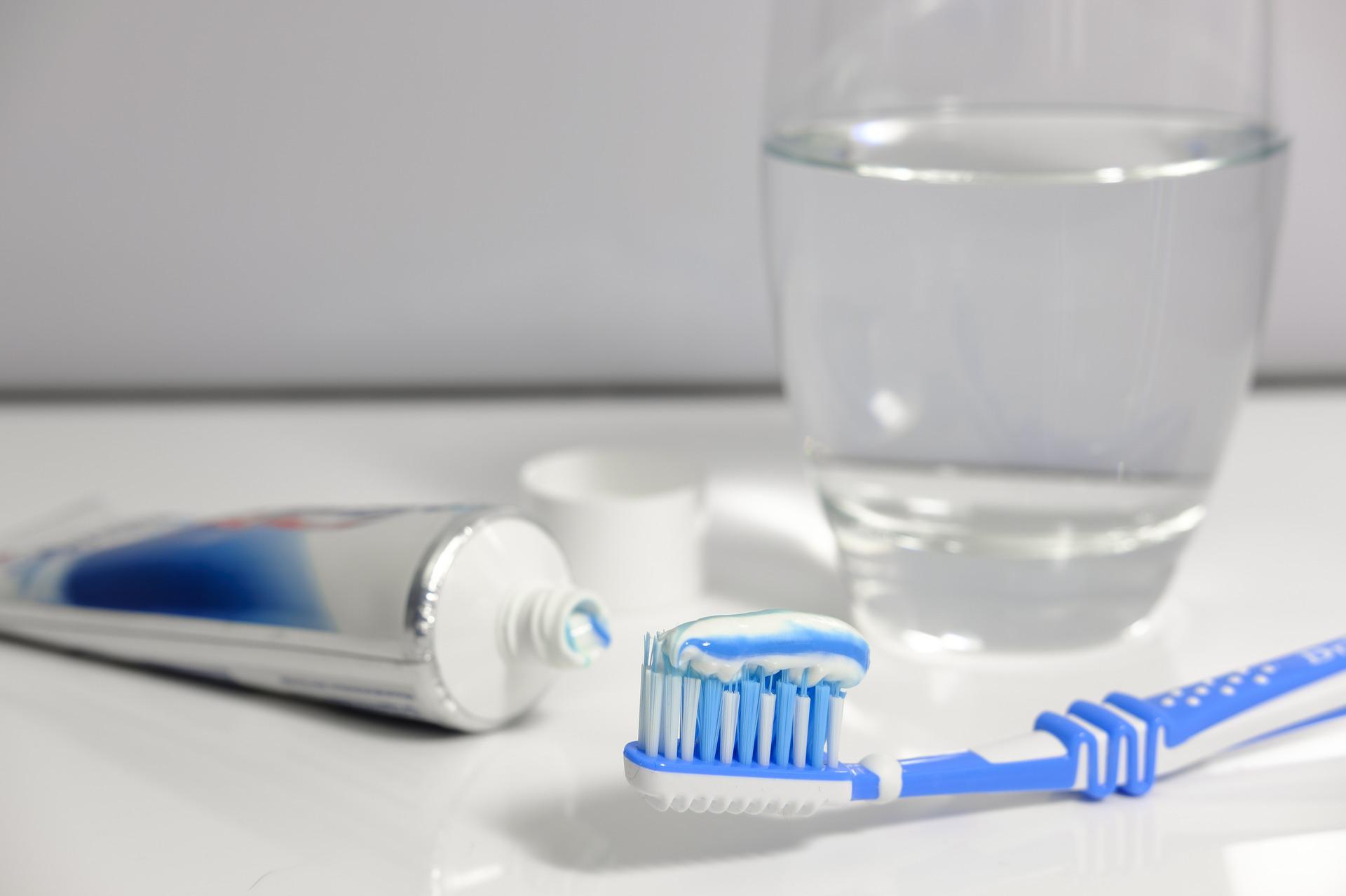Fluoride is toxic to your thyroid function


BiochemNordic
The toxicity of Fluoride
Even though fluoride can improve dental health ingesting too much fluoride hurts your body because it is very toxic to the cells and organs, especially to the thyroid gland (1-6).
Am I exposed to fluoride?
Fluoride is added to toothpaste and some countries also fluoridate their water supply to promote dental health. Some medications also contain fluoride (1)(2)(4). In addition, some foods are naturally high in fluoride.
Harmful effects of fluoride:
Research on a population that consumed fluoridated water with a level of 1 ppm (1 mg/L) showed adverse effects on the nervous system, enzymes, immune system, DNA, reproductive system, kidneys, heart, and digestive tract (1).
In addition, several types of research indicate that too much fluoride causes hypothyroidism (1)(5).
Fluoride also damages the parathyroid gland, which is a gland that is situated close to the thyroid gland in the front of the neck. Ingesting too much fluoride can result in hyperparathyroidism, with the uncontrolled secretion of parathyroid hormone, leading to inflammation, disruption of the calcium metabolism, and osteoporosis (2).
Why fluoride harms thyroid Function?
Iodine is an essential element for thyroid hormone production and fluoride interferes with the function of iodine and thus production of thyroid hormone (1).
The thyroid gland produces two thyroid hormones, which both contain iodine. The storage thyroid hormone, thyroxine is called T4 because it contains four iodine atoms and the active thyroid hormone liothyronine is called T3 because it contains three iodine atoms (1).
So the thyroid hormones get their names from the number of iodine atoms in the molecules, emphasizing the importance of iodine to thyroid function (1).
The structure of fluoride is very similar to iodine as both are included in the same group in the periodic table.
Fluoride can inhibit the active transport of iodide into the thyroid gland by occupying the receptors iodine uses.
This way fluoride interferes with the formation of the thyroid hormones T3 and T4 causing, hypothyroidism (1).
Can Iodine protect against fluoride?
Because fluoride displaces iodine, one could think that using an iodine supplement would be a way to protect against fluoride toxicity and thereby help your thyroid function (1).
But according to Dr. Ray Peat iodine supplements are almost always the wrong choice. This is because overdosing iodine can create inflammation in the thyroid gland, which also leads to hypothyroidism. Getting your iodine from foods is therefore the safest.
In our Hypothyroid Treatment Program, you can learn about foods containing iodine that can be included in your diet to support your thyroid function with just the right amount of iodine.
Fluoride in toothpaste
Ionized fluoride compounds like Sodium Fluoride (NaF) are used for dental caries prevention and are thus added to toothpaste, mouthwashes, and other dental products.
If you want to protect your thyroid gland from fluoride we recommend using fluoride-free toothpaste and avoiding other dental products with fluoride (2) (4) (6).
Fluoride in medication
Fluoride is also found in some medications. In most cases, the fluoride is in the form of an organic carbon-fluoride bond, called organofluorine (4).
Usually this carbon-fluoride bond is strong enough to resist breaking down into fluoride within the body, however this is not always the case, and research has found that some fluorinated drugs, do break down into fluoride.
It is important to read the label of your medication and avoid as far as possible using drugs containing any form of fluoride to protect your health and thyroid function (4).
Fluoride in drinking water
Some countries fluoridate their water supply to promote dental health.
The natural amounts of fluoride present in water should be around 0.5 mg/L or expressed as “ppm” or parts per million (4).
Some researches believe that it is safest if the fluoride content of drinking water is below 0,3 or even 0,2 mg/L (5)(6).
However, the amount fluoride in fluoridated water may be anywhere from 0.7- 1.3 mg/L (4) (5).
Many countries has chosen to fluoridate their water supply while others are opposed to the idea (2).
Whereas most countries in the European Union do not add fluoride to local water supplies, most communities in the United States continue to be fluoridated (4).
Avoiding fluorinated water:
According to Dr. Ray Peat drinking, fluorinated water is a great danger to your thyroid function and general health.
Even if fluoride is not added to your water supply, your drinking water can have a natural high fluoride content (3).
By contacting your local water plant, you can get information on the fluoride content in your water supply.
Can fluoride be removed from water:
It is possible to use water purification to remove fluoride from your drinking water.
Reverse osmosis devices and water distillation can effectively remove fluoride, and some other purification systems can also be effective.
It is recommended that defluorination devices achieve at least an 80 percent fluoride removal rate to be considered adequate.
Importantly activated carbon filtration units sold for home use do not remove fluoride (3)(6).
Foods high in fluoride
It is important to note that foods like black/red rock salt and black tea can be naturally very high in fluoride (4) (7).
Rock salt is not part of our thyroid-supporting diet recommendation, because it contains many impurities such as iron and fluoride.
Due to the fluoride content of black tea drinking coffee is a better choice. In addition, coffee has many benefits to your thyroid function and general health.
How diet can protect against fluoride toxicity.
Preventive efforts against hypothyroidism caused by fluoride include avoiding fluoridated water and toothpaste as the most important.
Using coffee instead of black tea is another way of limiting your fluoride intake.
However, it is also important to include food that are rich in calcium, vitamin D, antioxidants and trace minerals (1).
Our diet recommendation are based on the research of Dr. Ray Peat and the Ray Peat diet provides the nutrient that protects you against fluoride toxicity.
In our Hypothyroid Treatment Program, you will also learn which foods provide you with iodine and other trace minerals important for your thyroid function. This program also provides you with all the other important aspects of Dr. Ray Peat’s thyroid-supporting diet principles.
References:
2.https://www.medicalnewstoday.com/articles/154164#uses
3. chrome-extension://efaidnbmnnnibpcajpcglclefindmkaj/https://www.astdd.org/docs/natural-fluoride-fact-sheet-9-14-2016.pdf
4.https://thyroidpharmacist.com/articles/fluoride-and-your-thyroid/
5.https://www.thyroid.org/patient-thyroid-information/ct-for-patients/volume-8-issue-6/vol-8-issue-6-p-3/
6. https://www.iwater.dk/fluor/
7. https://pubmed.ncbi.nlm.nih.gov/16510229/


